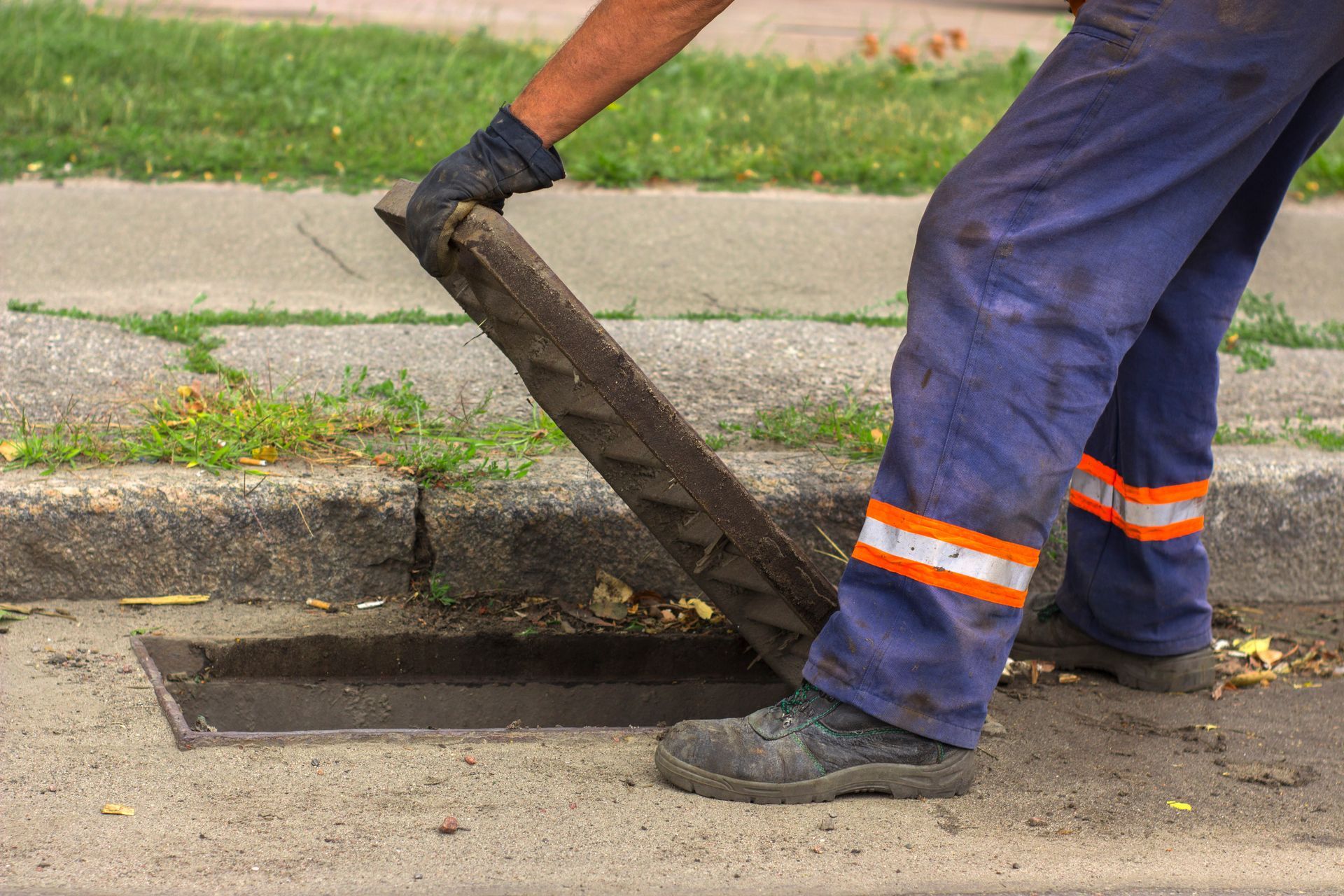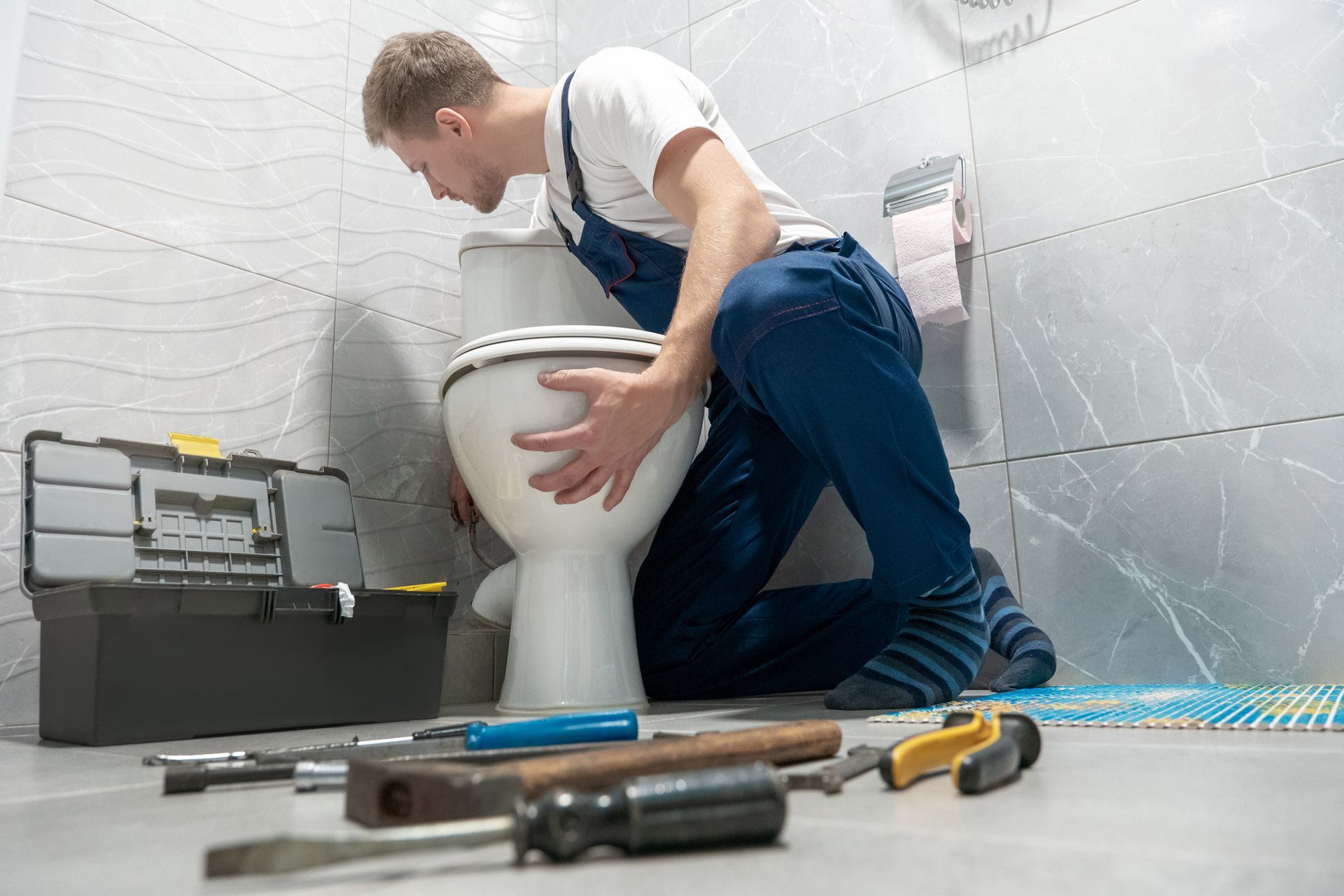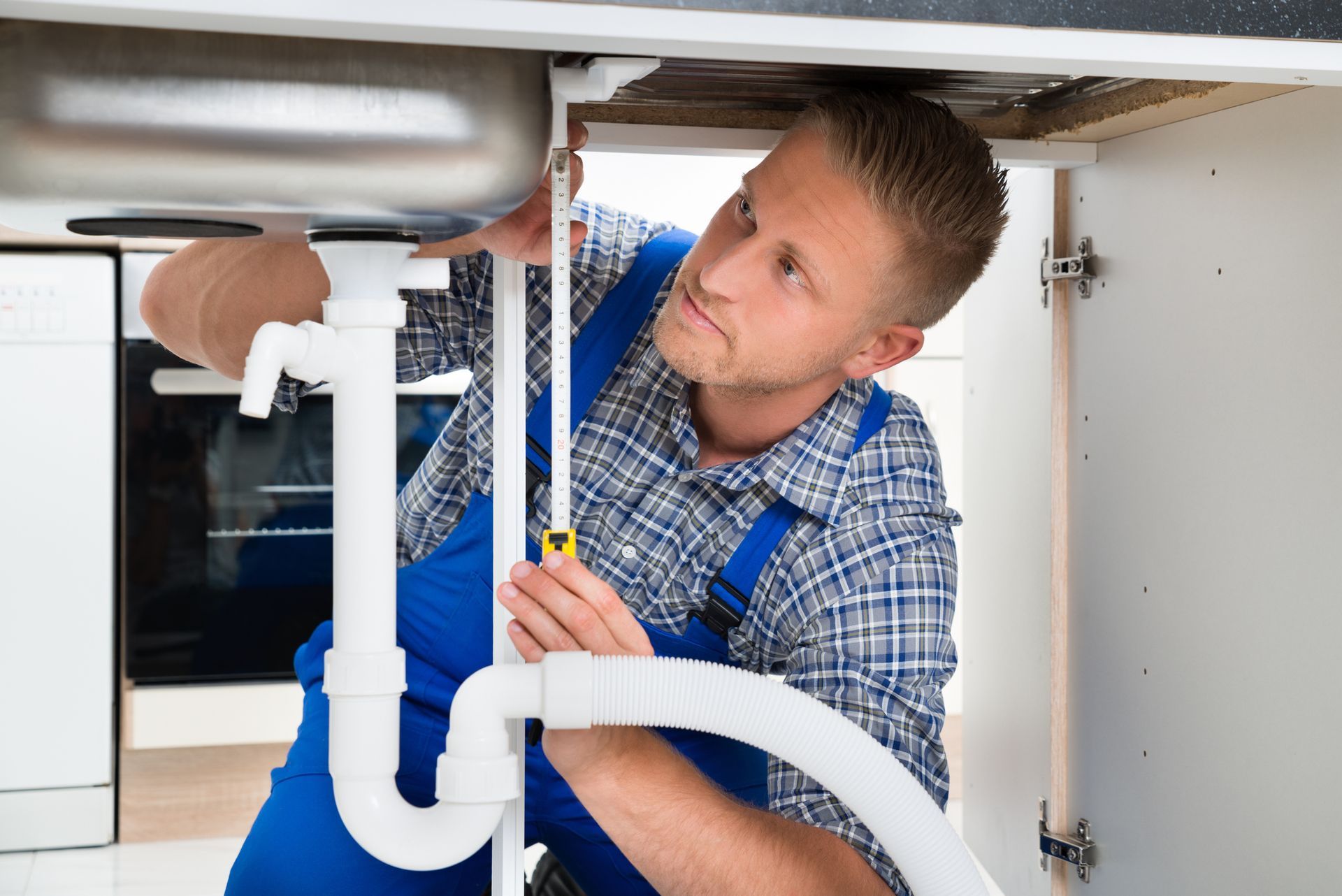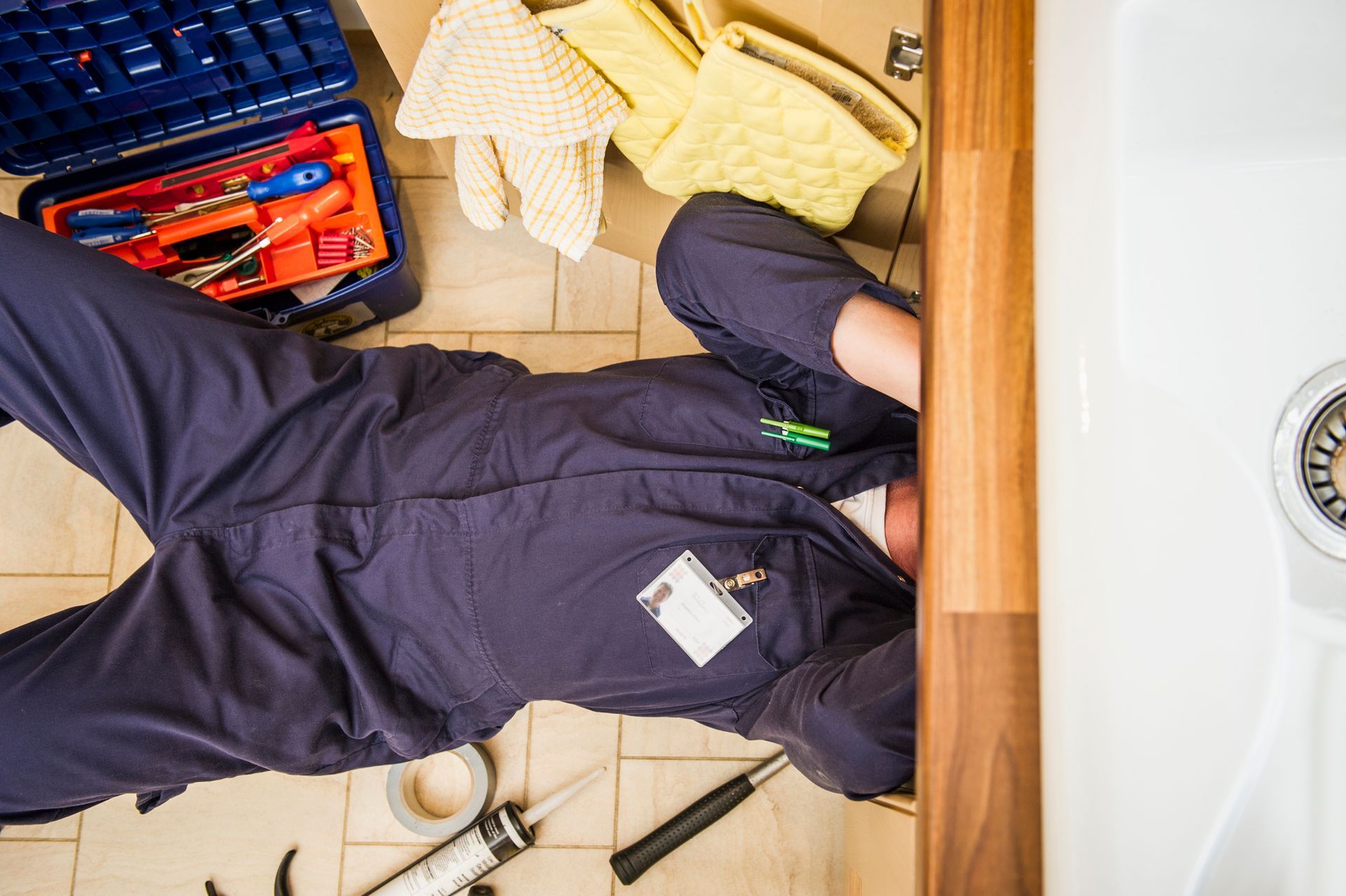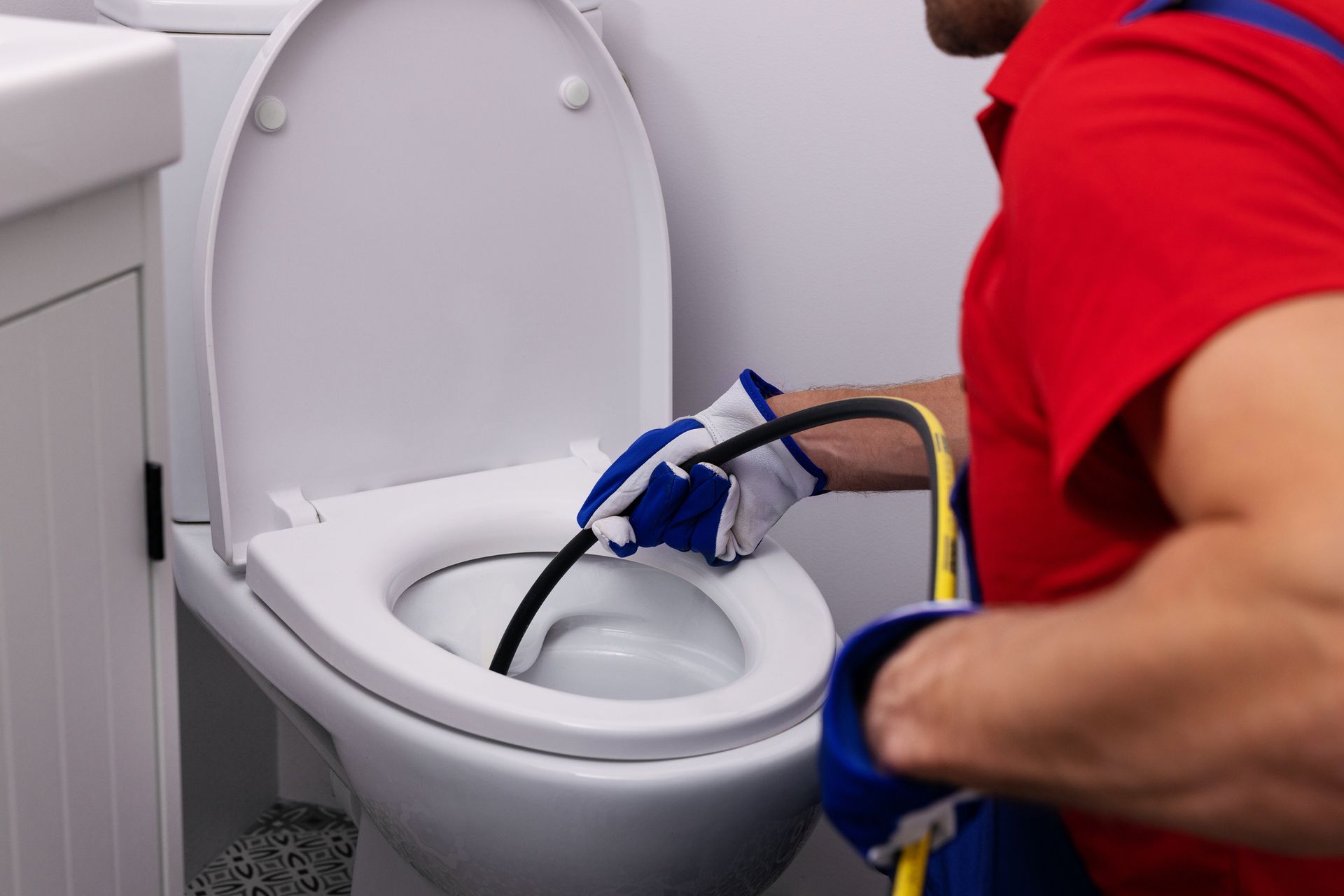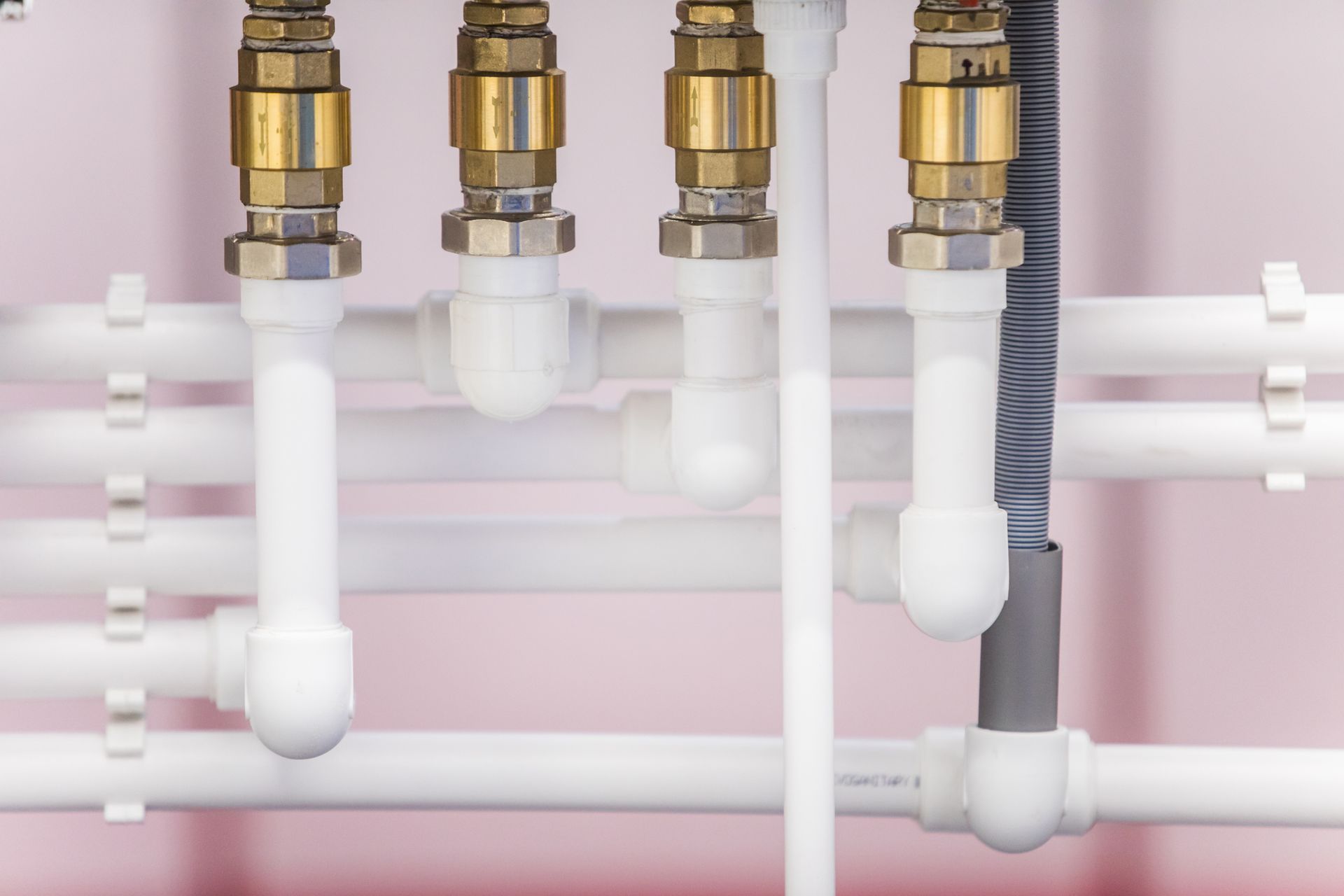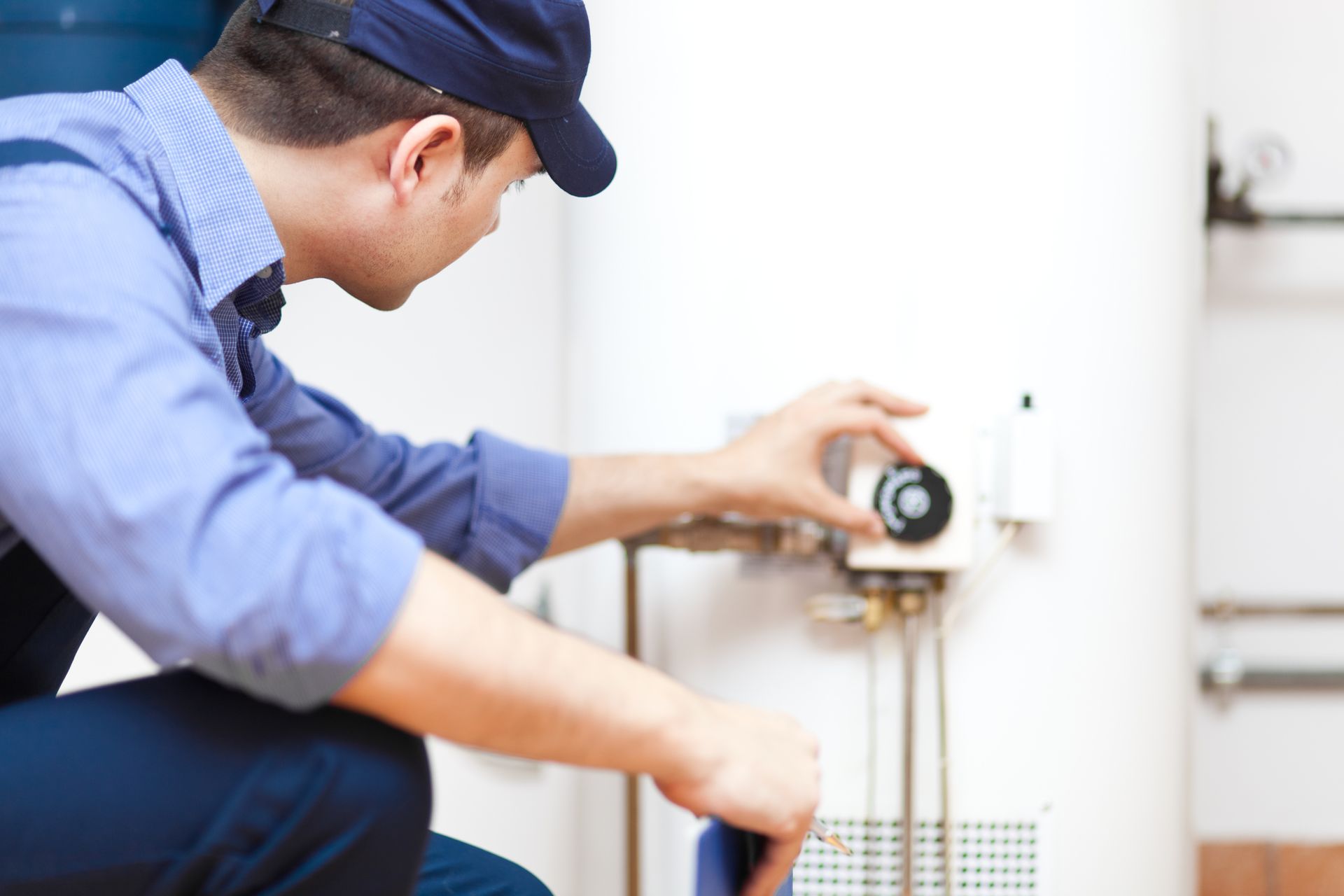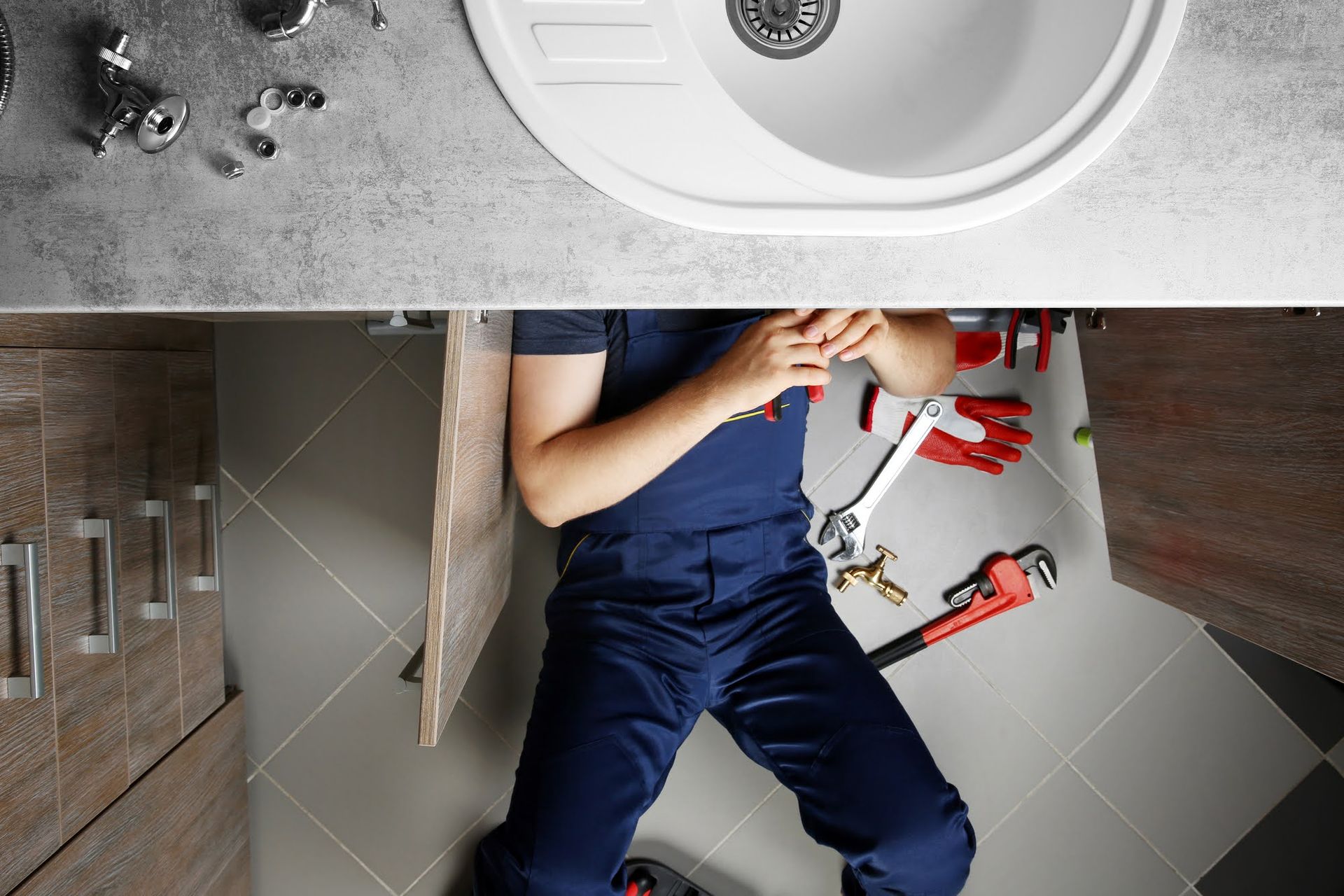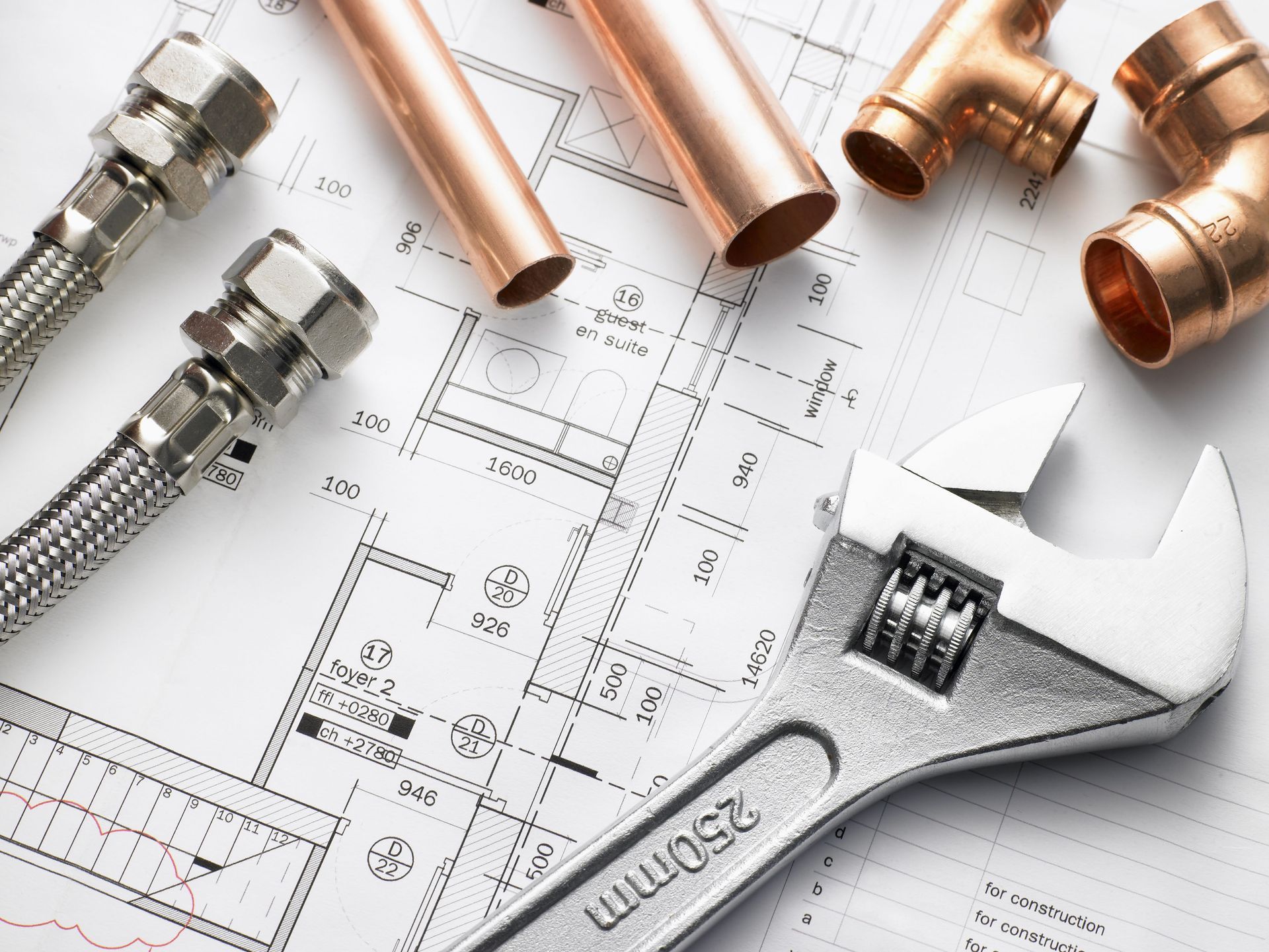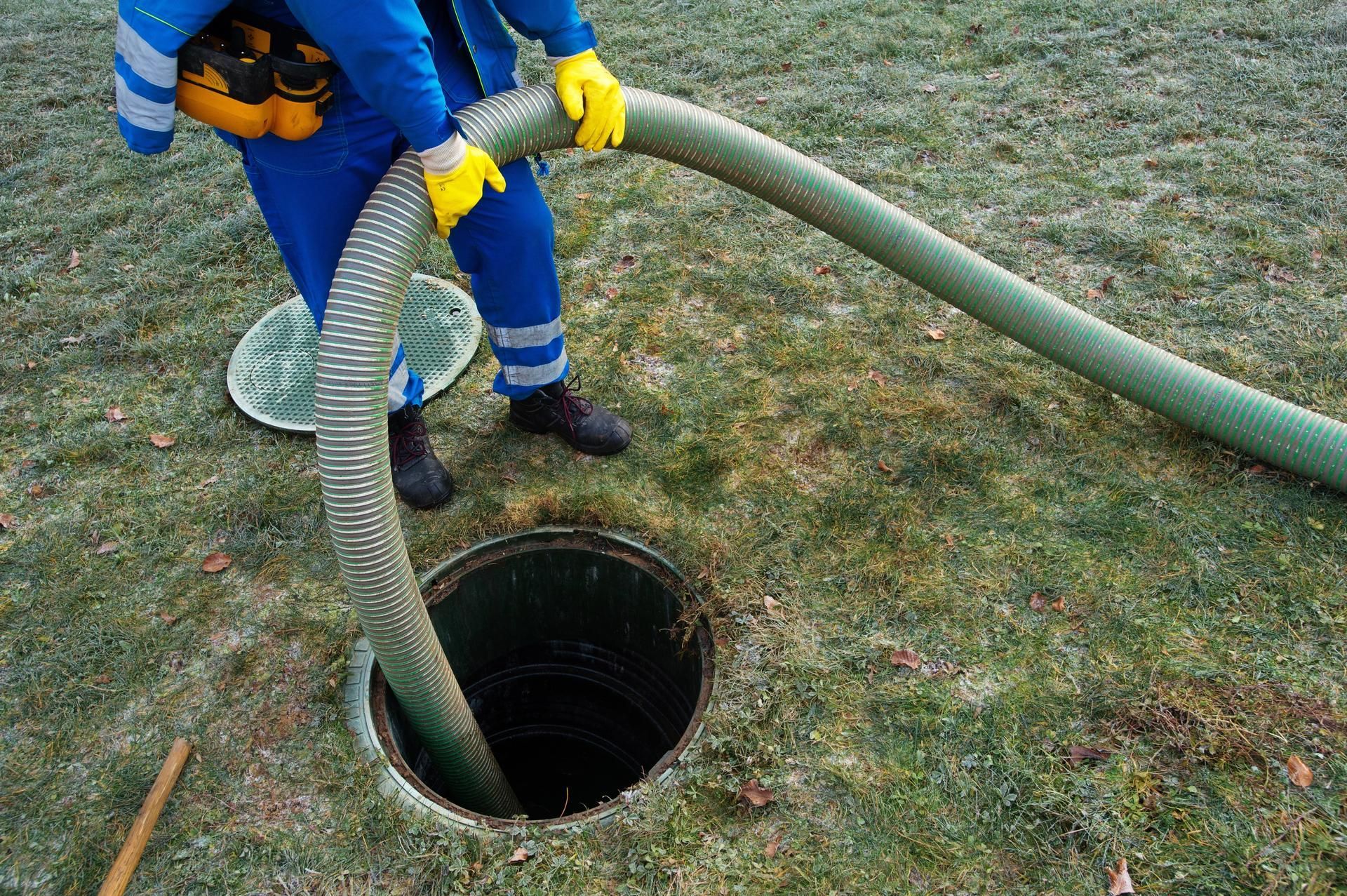6 Causes of Low Water Pressure and What to Do
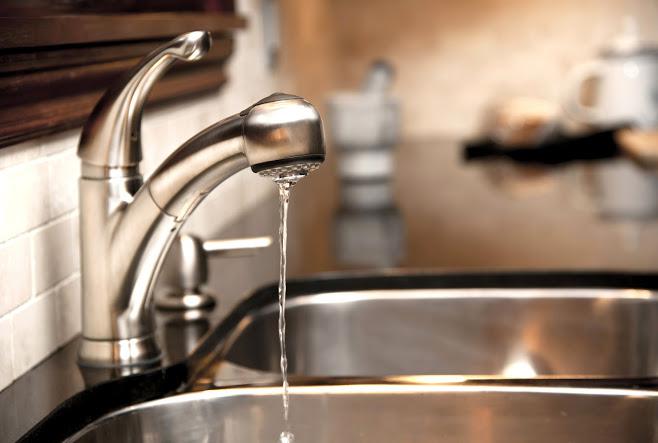
Do you have low water pressure somewhere in your home, either in one fixture or many? This problem could happen for many reasons. When you know the various reasons that you have low water pressure, and knowing what to do about it, you can solve your problem. The following six problems are some of the most common causes of low water pressure. Here's what you can do to solve your issue.
1. Corroded Galvanized Pipes
Galvanized pipes are steel pipes covered in a protective coating of zinc. Galvanized pipes were installed in most homes before 1960 and today are full of rusty corrosion. This corrosion is a natural response to years of exposure to water. Pipe corrosion narrows the inside of the pipe, reducing water pressure a little at a time. The only way to fix this problem is to have your pipes replaced.
You can tell if your pipes are beginning to fill with corrosion because you'll notice that faucet water comes out red and rusty in the mornings. After running the water for a minute or two, the water should turn clear.
Even if your home's pipes have some rust in them, this may or may not be the cause of your low water pressure. Before you have your home repiped, get an evaluation from a plumber to find out if this is your problem.
2. Main Water Shutoff Slightly Closed
Every home has a main water shut off valve that turns off all water to the house, and each plumbing fixture in the home has a shutoff valve that stops all water from flowing to that fixture.
If water pressure is low all over your house, this could be because your home's main water shutoff valve is slightly closed. If the water pressure is low in one fixture, this could be because the water shutoff valve to that fixture is slightly closed.
To fix your problem, check the valve for the house or the fixture (depending on the location of the low water pressure). If the valve won't open any farther, then there is likely another cause for your issue.
3. Hard Water Buildup
Hard water leaves minerals in pipes and on fixtures, causing a white crusty buildup (called scale) to form. If hard water is allowed to run through pipes for years and years, this buildup of scale could cause the inside of the pipes to narrow, just like the corrosion buildup that forms on the inside of galvanized pipes.
Just like galvanized pipe corrosion, you won't be able to tell if your home has low water pressure because of hard water buildup unless you consult with a plumber. Talk to an expert before repiping your home.
If you do choose to repipe your home because of calcium buildup, have your plumber install a water softener at the same time. Softening your water will prevent calcium buildup from forming in your pipes a second time.
4. Fixture Debris
If water pressure is low in just one fixture of your house, like the showerhead or in the sink faucet, this could be because of debris caught in the filter where the water exits the fixture. Remove the showerhead or the faucet aerator and check for small pieces of debris.
Use a toothpick or something else small and pointy to remove any pieces of debris that may be caught in the fixture, then soak the piece in vinegar for an hour. Finally, rinse the piece in water and put it back in its place.
5. Leaks
A leak can cause low water pressure if the leak is big enough to divert enough water away from the fixtures. One of the ways you can tell if you have a leak is to turn off all fixtures in your home, check the water meter, then don’t use any water and check the water meter again about an hour later.
If the reading on the water meter has changed but you didn’t run any water, this is a sign that there is a leak. Work with a plumber to find the source of the leak.
6. Low Water Pressure Coming Into the House
Sometimes, low water pressure occurs when the water coming into the house has a problem. A water main leak or break can lead to low water pressure in your house and in homes near your home. Consult with someone at your city hall or local water utility company to find out if this is the problem.
Have Low Water Pressure? Contact a Plumber for Help
If you are experiencing low water pressure and believe that the problem is occurring somewhere in your home, but you're unable to pinpoint the problem, contact a local plumber for an assessment. At Michigan Plumbing, we're happy to help you determine the source of your low water pressure. Call todayto make an appointment.

